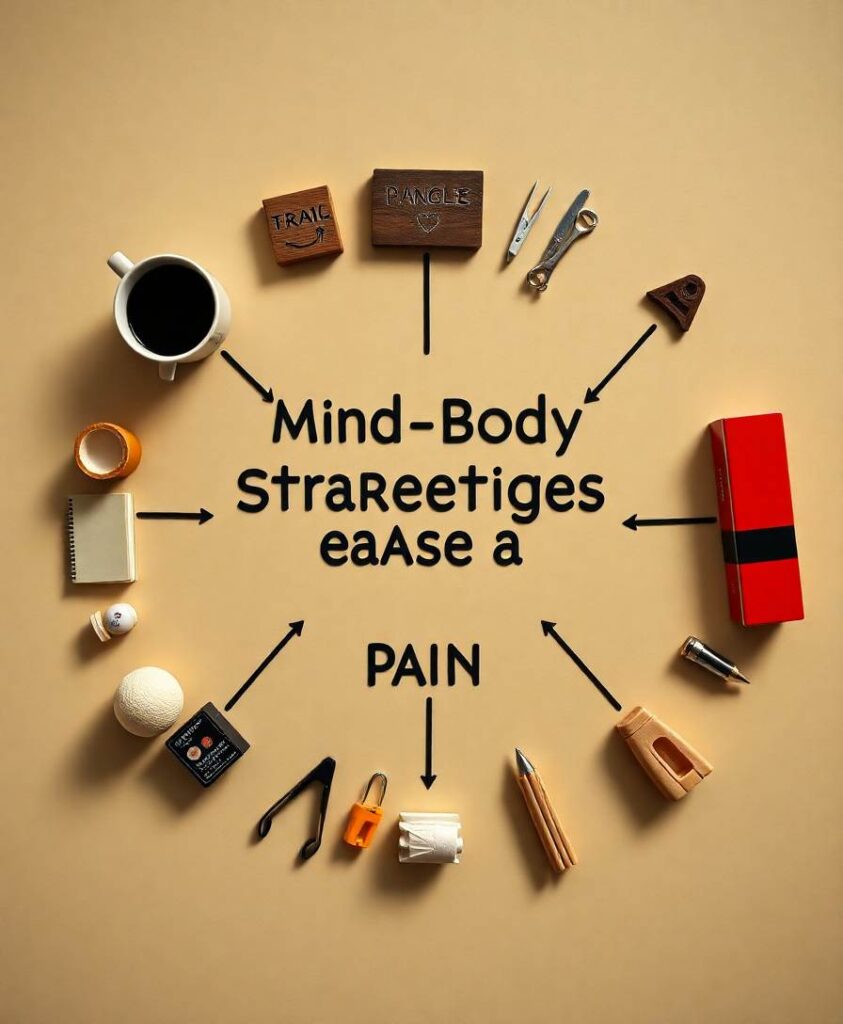To truly understand this intricate dance between mind and body, we need a new way of thinking. Rather than viewing the brain as the sole mastermind and the rest of the body as mere followers, we should see them as equal partners in information processing. It’s like a symphony orchestra where each instrument contributes its unique sound to create a harmonious melody. By adopting an integrative approach that considers the brain and body as a unified whole, we can unravel the mysteries of placebo responses, rituals, and psychosomatic disorders.
If you’re intrigued by the fascinating link between consciousness and the body, dive into this thought-provoking research. It offers a holistic perspective that moves beyond the limitations of traditional Cartesian thinking. Prepare to be amazed by how interconnected your mind and body truly are!
Abstract
Our culture and its scientific endeavor direly need a holistic characterization of mind and body. Many phenomena attest to the profound effects of beliefs on bodily function (e.g., open-label placebo’s effects on chronic pain) and interoceptive systems’ role in mental processes (e.g., the emerging role of gut microbiomes in the mood). We need a mechanistic, integrative framework to account for these phenomena and generate novel predictions. Major advances have been made in understanding how the nervous system senses and regulates the body and in modeling how the brain implements the computations that subserve such activities. However, the vestiges of Cartesianism have entrained a style of thinking in which systems from the brainstem downward exist as the implementation layer of computational processes supporting sensation and behavior, rather than a complementary locus of information processing. As speakers and microphones, rather than other members of the chorus. We are thus forced to perceive well-documented, belief-driven phenomena like placebo, ritual, and psychosomatic disorders as mysterious obstacles or dubious allies rather than as a wellspring of potential.


